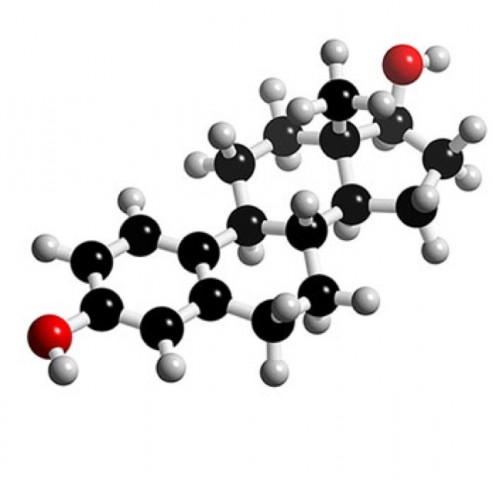Hormones in our bodies are made in different quantities during the various phases of our lives. As we age it is common for the levels of some of these hormones to become deficient. As a woman enters perimenopause and then menopause (which may occur naturally or as the result of a hysterectomy), certain hormones–particularly estrogen–are produced in lower levels by the body. This lack of hormones can result in troubling symptoms such as hot flashes, night sweats, low libido, vaginal dryness, sleep difficulties, irritability, and unexplained weight gain.
Problems with conventional HRT
For many years the accepted medical treatment for menopausal symptoms was hormone replacement therapy (HRT). In traditional HRT, synthetic estrogen is prescribed to try to alleviate symptoms. HRT was widely prescribed until a few years ago, but in 2002, findings from a large study called the Women’s Health Initiative raised concerns about its safety and side effects. Researchers found increased risks for serious health problems. Women who were taking estrogen alone had an increased risk for stroke and blood clots, while women who had taken a combination of estrogen and progestin for several years were at greater risk for such things as heart disease, breast cancer, stroke, and blood clots.
Why “bioidentical” hormones?
In seeking a safer alternative to synthetic hormone replacement therapy,an increasing number of women and their doctors are turning to bioidentical hormone replacement therapy (BHRT). Bioidentical hormones are made from soy and yam extracts that are changed in a lab to have the same molecular structure as the hormones your body produces. Because they are more natural our bodies can metabolize them as they were designed to do, minimizing side effects. (For more on this subject, read my article “Oprah Talks About Bioidentical Hormones.”)
A treatment plan specifically designed for YOU
There are specific symptoms that hormone deficiency and hormone excess exhibit. Together we’ll sort through these symptoms to help you get the best individualized treatment available for you. A good starting point for assessing hormonal status is to measure estradiol, progesterone, testosterone, DHEA, and cortisol levels. This testing can be done using either saliva or blood samples; I prefer to use the saliva test.
It’s important to note that there are several natural approaches that can be taken to alleviate symptoms of menopause, including changes in diet, stress reduction, and exercise routines. After doing a comprehensive assessment, I’ll work with you to determine if bioidentical hormones are also appropriate for your situation. If it is, I will prescribe the necessary dosages of bioidentical hormones to begin your treatment program. I’ll then closely monitor your progress, working with you to optimize your response to the therapy and minimize any potential side effects of the treatment.
